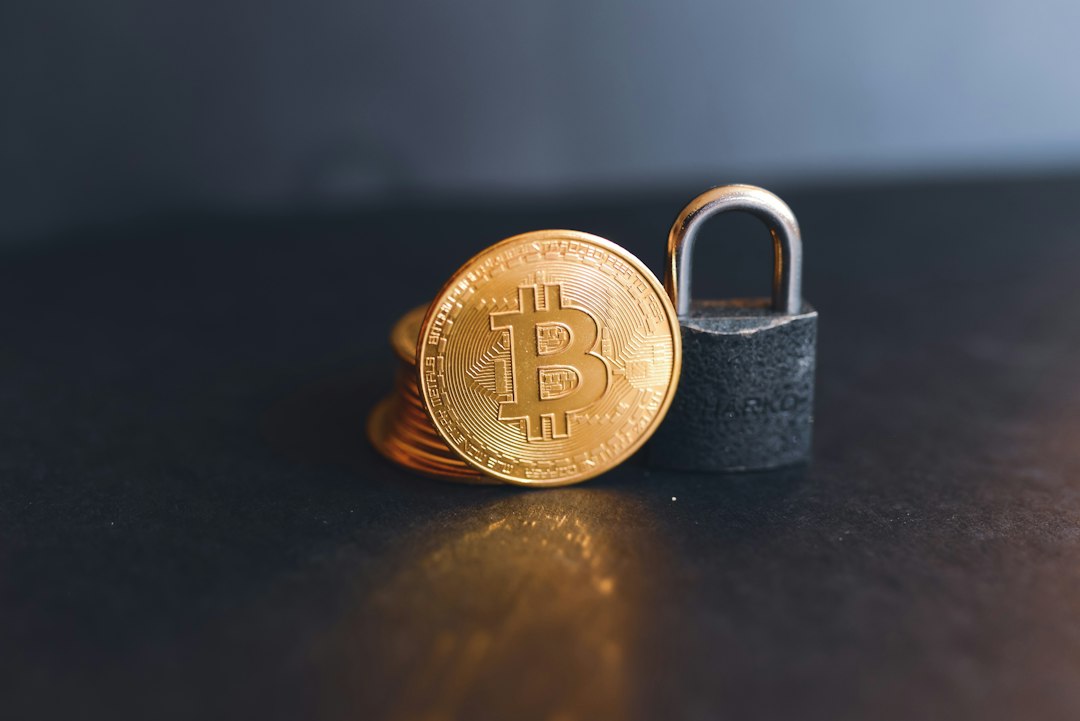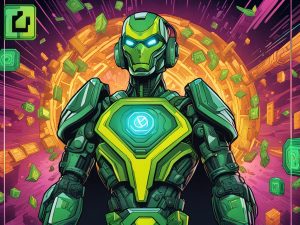Is the Bitcoin mining network decentralized enough?
Have you ever wondered if the Bitcoin mining network is truly decentralized, or if it is controlled by a few big players? Let’s take a look at the latest data to find out.
Public Bitcoin Miners Control Around 28% Of The Total Hashrate
In a recent post on Twitter, Bloomberg Intelligence market analyst Jamie Coutts discussed the evolving nature of the mining industry. One important aspect Coutts highlighted is the distribution of the global Bitcoin hashrate between private and public miners.
The hashrate refers to the total computing power connected to the Bitcoin network by miners. It serves as an indicator of the blockchain’s security, as a higher hashrate makes it harder to perform a 51% attack.
However, decentralization also plays a crucial role in ensuring security. If a single entity controls a large portion of the hashrate, it becomes easier for them to manipulate it.
Decentralization of Bitcoin Hashrate
The CMT (Crypto Mining Tools) shared a chart that breaks down the contributions of public and private miners to the BTC blockchain’s hashrate. According to this data, public miners control approximately 28% of the total hashrate.
The Cost of Mining Bitcoin
Mining Bitcoin requires significant computational power and electricity. The cost of electricity varies across countries, making mining more or less profitable depending on where you are located.
Countries with expensive electricity, such as Italy, make it challenging for solo miners to profitably mine Bitcoin. In fact, mining just one token in Italy would cost a miner $208,560 in electricity expenses.
In contrast, some smaller nations have cheaper electricity costs, making mining more financially viable. However, even in these countries, there are risks of overloading energy grids and political instability.
BTC Price
Bitcoin recently made a move towards the $26,800 level but failed to sustain the recovery. The asset has since dropped below $26,300.
Hot Take: Ensuring Decentralization for Bitcoin Mining
The latest data on the distribution of the Bitcoin hashrate reveals that public miners control around 28% of the total computational power. While this indicates some level of decentralization, it is crucial to monitor and maintain a truly decentralized mining network.
Decentralization ensures the security and integrity of the blockchain, making it resistant to manipulation or control by a single entity. As the mining industry continues to evolve, it is essential to promote a diverse ecosystem of miners and encourage participation from individuals and small-scale operations.
By fostering decentralization, Bitcoin can remain true to its core principles of transparency, security, and independence from centralized authorities.





 By
By
 By
By
 By
By
 By
By

 By
By